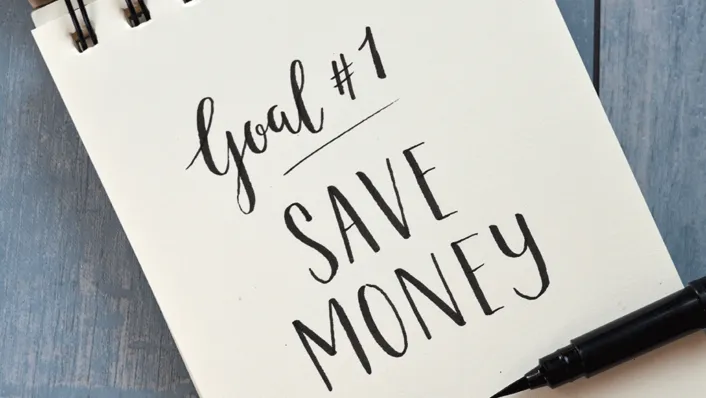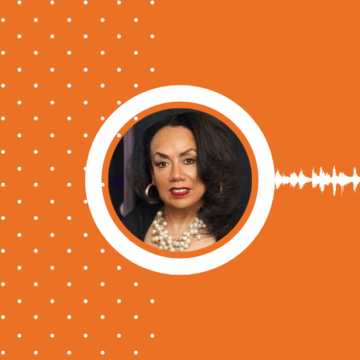It’s almost a new year and an opportunity for new beginnings. Are you ready for a powerful New Year’s resolution?
Eliminating debt, learning new spending habits, or building savings are choices that can change your life. They can affect your entire wellbeing – from stress levels, to physical and mental health . The new year is a great time to commit to your financial health.
1. Make a Road Map: Set a Goal (and Write It Down)
Goal setting gives you direction. You can decide on your destination and make a plan to get there. This might seem small, but it’s not.
- Goal setting is linked to higher achievement, self-confidence.
- When you write down your goal, you are 42% more likely to succeed.
2. Be Specific About What You Want, and Why You Want It
Getting clear on your priorities and deciding on a specific goal are two keys to success. Chris Dlugozima, who served as a GreenPath financial counselor for many years (and is now one of our learning experience designers) suggests setting aside some time to reflect on what you really want to accomplish. Ask yourself three “W” questions: What do you want to accomplish? When will you achieve it? Why does it matter to you?”
He encourages people to be very specific when setting financial goals.
- Name the amount you want to save, pay off or earn.
- Give yourself a deadline.
- Write down your reason and connect your goal to your real life.
3. Be Positive and Realistic
Goals can challenge you and help you grow into a new future. Choosing a goal that is attainable is another important part of success.
Let’s say you’ve chosen a clear goal: “In five years, I will be debt-free. I will pay off my entire debt of $12,000 so that I can focus on enjoying my family and instead of worrying about money.”
Chris says: “Consider how much you can set aside every month in addition to your minimum payment to achieve that goal. Is it realistic to spend $200 on your goal each month? Is it possible to pay it off even faster by spending $250 a month? Or does your budget allow for $100?” He adds, “Planning your paycheck each month can show you how much you can devote to achieving your financial resolution.”
4. Keep Track of Your Progress and Celebrate Milestones
Making your goal measurable will help it stick. Keeping track of your progress can help you stay focused and motivated. You can see your future getting closer and closer.
- Break your goal into smaller milestones. This makes it easier to see your progress and it’s less intimidating. “Set mini-goals,” says Chris: “For example, ‘This year, I will pay off my credit union Visa card.’” He reminds us, “Making smaller changes over time is often easier than trying to make a massive change all at once.”
- Celebrate your success along the way. Celebrating wins actually “trains your brain” by reinforcing your new habits, which in turn makes it easier to stay on track if you hit a bump in the road at some point.
5. Make a Plan, Stan
The biggest reason so many resolutions go by the wayside is that they’re a goal without a plan. How will you accomplish your goal? How much will you devote and how often? How will you set money aside?
Kick that roadblock to the curb and make your to-do list. Clearly define how much you will spend toward your goal, how often you’ll make deposits on it, and the method you’ll use to transfer money toward your goal.
- If you don’t already have one, start with a monthly spending plan or budget. You’ll learn how much money you have to work with, what you need to set aside for other bills and living expenses, and how much you can devote to your goal from each paycheck.
- Use the highlighter test – highlighting essentials from your last bank or credit statement – to find out where you can free up more to put toward your financial goal.
- Automate payments toward your goal. Set up automatic transfers or use direct deposit from your paycheck to automatically place funds in your goal account.
- Choose one habit at a time to change. For example, if you need to reduce your credit card spending, focus on making that change as your first milestone. Then move on to setting money aside for payoff.
Helpful Links
GreenPath Financial Service
GreenPath, A Financial Resource
If you’re interested in building healthy financial habits, paying down debt, or saving for what matters most, take a look at these free financial tools.










